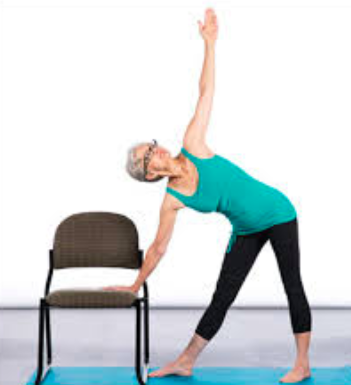
Mind/Body Medicine Educator
Customized courses designed for your group or client based in
pain science,
mind/body medicine,
wellness topics
Taught through experiential presentations to motivate and empower students.
An Integrative Approach is the sustainable way to reduce persistent pain.
Customize the areas of instruction you need most
Pain Science Ed
-
Understanding pain is to know that pain is produced by the nervous system as an output to protect us. Our brain has come to an unconscious evaluation that there is credible evidence of danger. A patient’s knowledge of their pain process can alter the collections of the inputs that contribute to pain. Furthermore, a crucial piece of their pain education is understanding that pain does not always correlate to tissue damage.
Our brains are often times more capable of change than our bodies. Through the work we do together at Sunset Pain School, you can learn how to rebuild your body's protection response to pain to be less reactive.
-
When there has been persistent pain our nervous systems will create memories which we can call neuro-signatures, or neurotags to organize our experience in the brain. A neurotag is essentially the interconnection of various parts of the nervous system. Some things that we can do to alter pain’s neurotags are mindful movement, deep relaxation work, adopting habits around food and stress that reduce systemic inflammation, introducing meaningful activities despite pain, and many more. The science behind the empowerment that takes place when a patient begins to do this can change the brain's pain response. When we understand how pain works that can serve to strengthen our internal locus of control, and this can change our pain experience.
Mind/ Body Medicine
-
When rehabilitating from chronic pain there must be a mind/body component to one’s healing program. This piece of any treatment plan will fill in the gaps needed to thoroughly address complex factors affecting pain, and have important effects on one’s nervous system. There has been ample research on mind/body techniques to pull from when prescribing practices to rehabilitate from pain. A therapy session or even a group class can hold a world of possibilities to change one’s relationship with pain, gain body awareness and build resilience.
I teach a course called Mind/Body Skills Building (MBSB) within pain rehabilitation programs. It includes but is not limited to movement therapies specific to the pain population. This course can be taught within a comprehensive pain management program, or standalone for anyone having a chronic pain experience seeking life-long tools. Pain patients learn the skills to transform their relationship to their pain, and change their brain's pain system in the process.
-
In my opinion, mind/body medicine therapies are the most effective and least invasive means to decrease pain. As we learn how to access and build up our parasympathetic tone, this can result in our brain's "danger signals" for pain becoming less frequent and less intense--this translates to less pain. You are capable of this change.
Lifestyle Modification
-
Lifestyle Modification tackles behavioral factors contributing to the pain experience. Multiple factors relate to pain and by taking a holistic approach to the broader aspects of one’s experience we begin to understand important components of the healing process. In other words, wellness matters. Be honest and empowered while examining your current healthy or not so healthy habits. Also set an intention to regain meaningful activities which will ignite your healing process!
The patient-fueled behavioral model of treatment respects each person's unique priorities. Engagement leading to efficacy is the goal, and health coaching is the proven method being promoted today as the most powerful method of behavior change. Participants learn to value their own power in the healing process, meaningful activities are recovered, and as a result the brain's threat detection system which produces pain, is weakened. Such meaningful activities can range from activities of daily living to travel to sports—always to be determined by the individual.
-
The lifestyle modification programming is not counseling but structured step-by-step protocols to empower the patient. One can opt into ongoing support. improvements are by degree, no radical benefit is usually seen for a single lifestyle change, rather a collection of small changes are extremely likely to lead to an improvement in one's pain experience.




